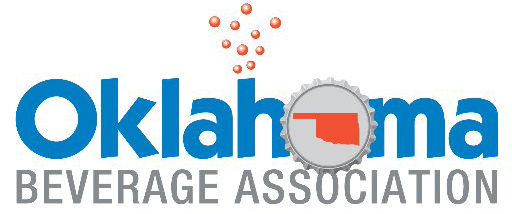The Facts about Bisphenol A (BPA)
America’s non-alcoholic beverage industry is committed to using products and containers that meet or exceed all government health, safety and quality standards. Recently, questions have been raised about bisphenol A (BPA), a chemical used to make a type of plastic known as polycarbonate and epoxy resins, which are sometimes used as can liners for food and beverage containers.
The beverage industry’s products and containers are safe and pose no public health risk, including any alleged risk associated with BPA.
Can manufacturers rely on can linings, which may contain trace amounts of BPA, to prevent spoilage and protect food and beverages from direct contact with the can. However, these trace amounts are virtually eliminated during the curing process which results in the protective polymer coating. In fact, the U.S. Food and Drug Administration (FDA), the European Food Safety Authority (EFSA) and other government agencies around the globe have found no public health risk associated with BPA in any food or beverage.
In addition, plastic bottled water and soft drink containers are made from a plastic known as polyethylene terephthalate (PET), which does not contain BPA.
Our industry is proud of the quality of all of our beverages and their packaging. Millions of people around the world trust us because, for generations, our industry has made products that are refreshing, convenient and, above all, safe.
